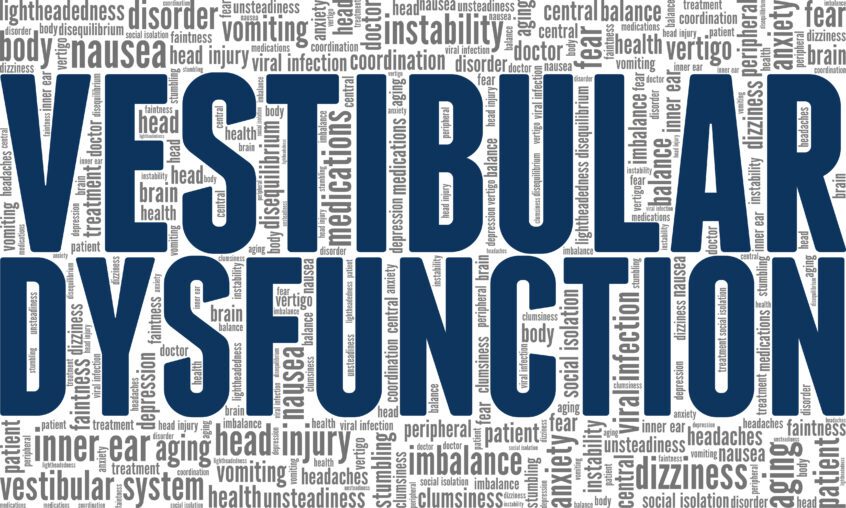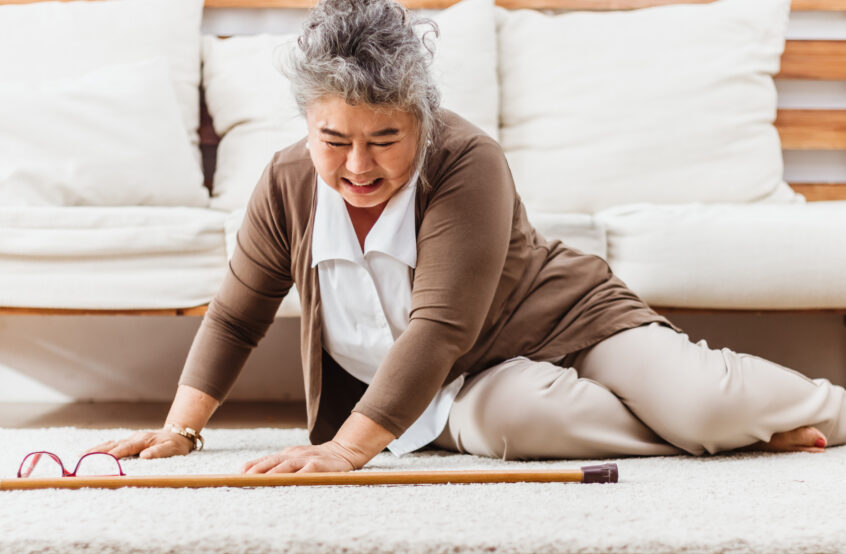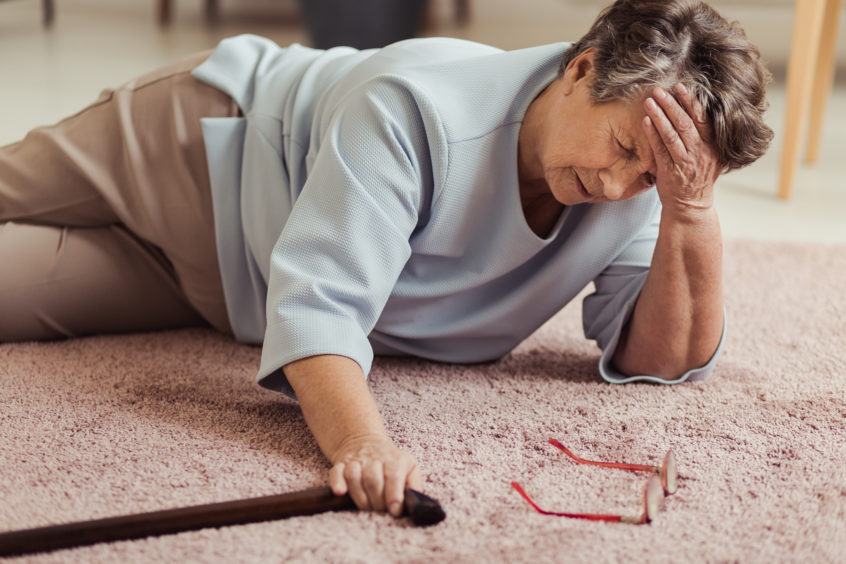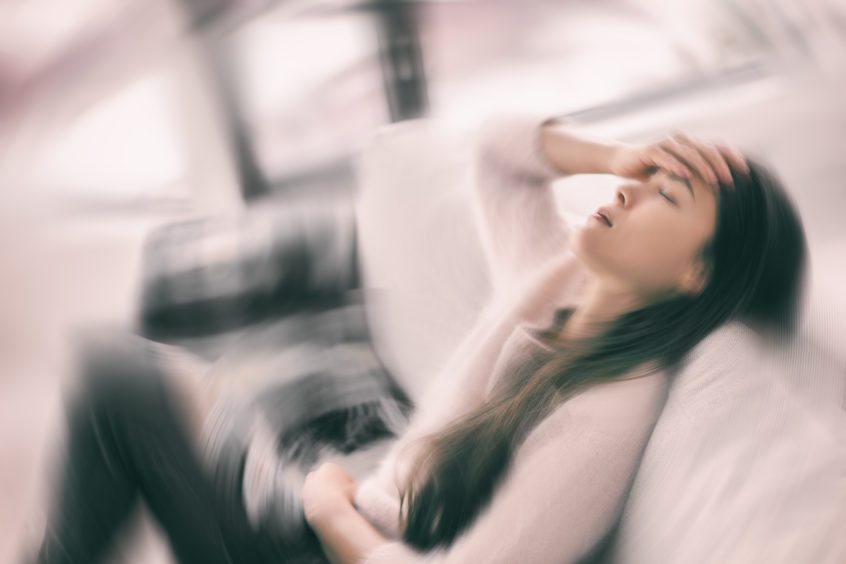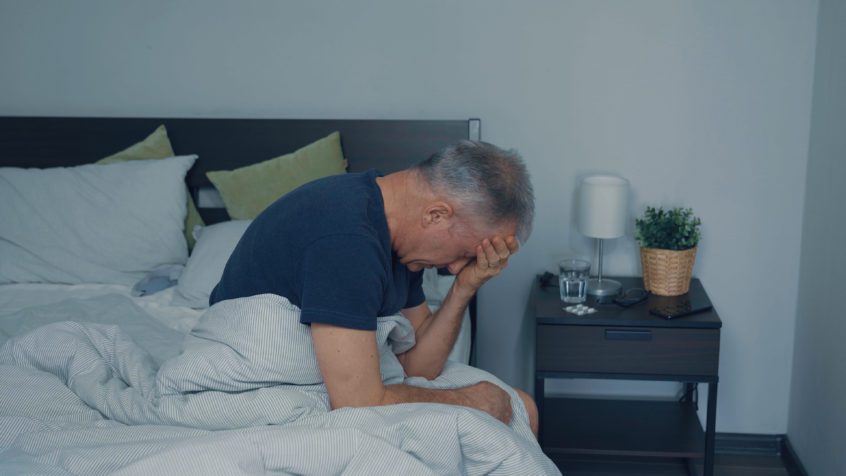Aging doesn’t have to result in a fall, but unfortunately, it often does. In fact, according to the Centers for Disease Control, falls among adults 65 and older caused over 36,000 deaths in 2020, making it the leading cause of injury death for that group. Falls also are responsible for at least 300,000 hip fractures each year and they are … Read More
The Challenge of Diagnosing Vestibular Disorders
Diagnosing a vestibular disorder, or a dizziness and balance problem, can be a difficult and frustrating journey for the patient experiencing the issue. In fact, according to the Vestibular Disorders Association (VEDA), many people with dizziness, imbalance, or vertigo have trouble obtaining a diagnosis. Many things contribute to this difficulty: There are many different types of disorders that can cause … Read More
New Research Shows Damage to Inner Ear Contributes to Falling
In a study of about 50 people with Alzheimer’s disease, Johns Hopkins researchers found evidence that damage to the inner ear system that controls balance is a major factor in patients’ well-documented higher risk of falling. The study found overall that vestibular system impairment was linked to a 50% increase in the risk of falling for patients with Alzheimer’s compared … Read More
Reduce Your Risk of Falling
According to the Centers for Disease Control (CDC), in 2019, 34,000 people over age 65 died as a result of falls, and another 3 million ended up in the emergency room. In fact, more than one out of four older adults fall each year, but less than half tell their doctor, and falling once doubles your chances of falling again. … Read More
The Connection Between Dizziness and Aging
Whether you’re 20 or 80 years old, you can have problems with dizziness and balance. But as you age, a number of health issues and risk factors can put you an increased risk for dizziness and injury from falls. In fact, according to the Morbidity and Mortality Report, in the United States, about one in four adults (28%) age 65 … Read More
Maintaining Good Balance—It’s Complicated
Balance disorders are common. According to the National Institute on Deafness and Other Communication Disorders (NIDCD), about 15 percent of American adults are impacted by a balance disorder. Balance disorders can be caused by certain health conditions, medications, or a problem in the inner ear or the brain. A balance disorder can make it difficult to do everything from getting … Read More
Who Treats Dizziness and Balance Disorders?
Being dizzy or off balance can make it difficult to do everything from bending over to pick something up to getting out of bed in the middle of the night. The result can be dangerous and debilitating for millions of Americans, sometimes resulting in falls and injuries. Unfortunately, getting an accurate diagnosis regarding what’s causing the dizziness can be very … Read More
Diagnosing Vestibular Disorders
Though dizziness and balance problems are more common in older adults, they can happen to anyone at any age. If you’ve struggled with these issues, you also may have struggled with getting an accurate diagnosis for the problem. And because of that, you may have had trouble finding treatment. So why is getting a diagnosis for dizziness and balance disorders … Read More
How Hearing Impacts Balance
According to the Centers for Disease Control, more than one out of four older people falls each year, and falling once doubles your chances of falling again. A number of conditions can lead to falls—from vitamin D deficiency to vision problems to trip hazards like throw rugs. But a recent study has found that what people hear and do not … Read More
What Goes into Good Balance?
Most of us don’t have a problem with our balance. We roll over in bed, get up in the middle of the night and can easily walk to the bathroom without giving it a second thought. But what if that simple task wasn’t so simple? What if getting out of bed caused you to become dizzy, nauseous, or even fall? … Read More
- Page 1 of 2
- 1
- 2




